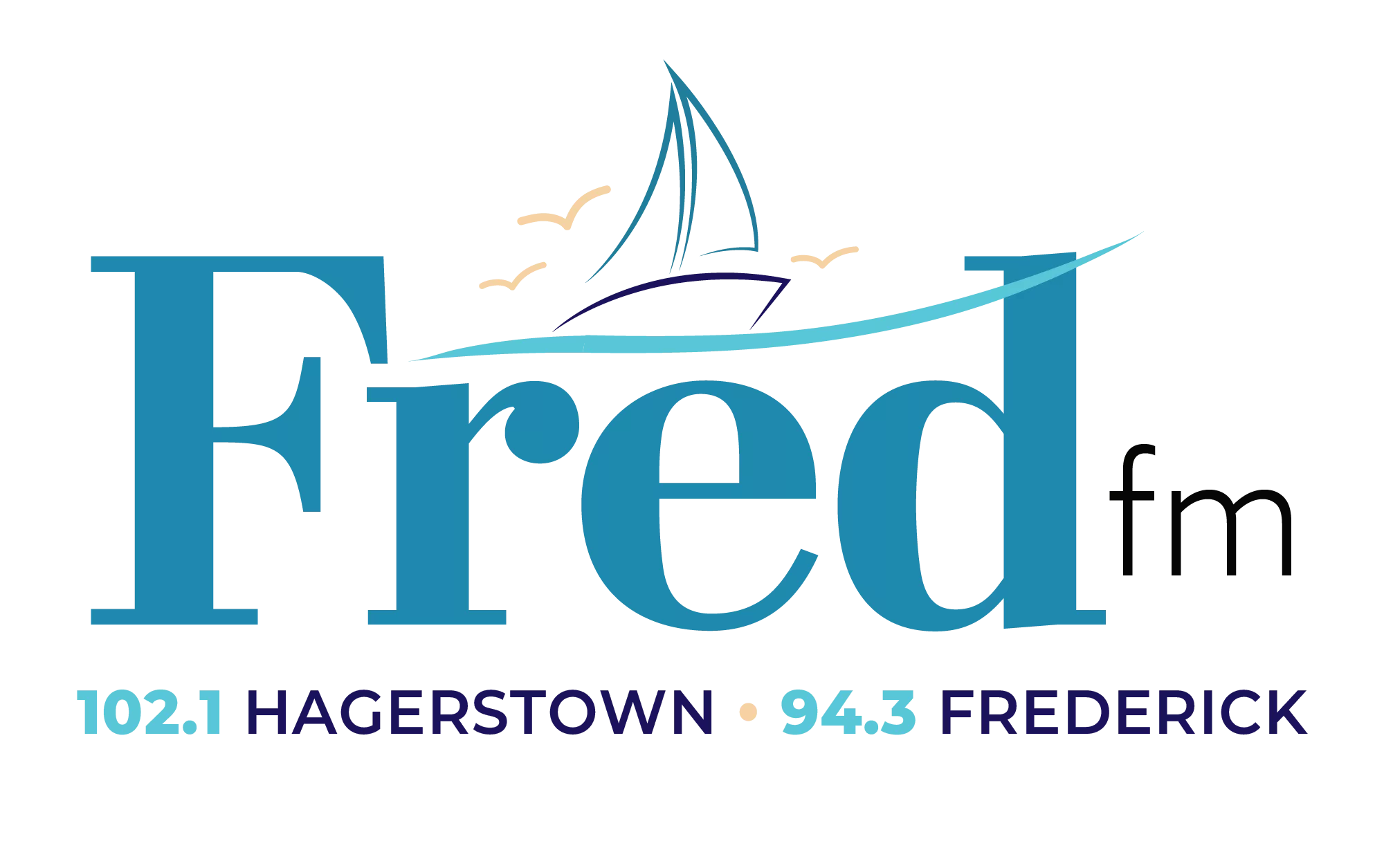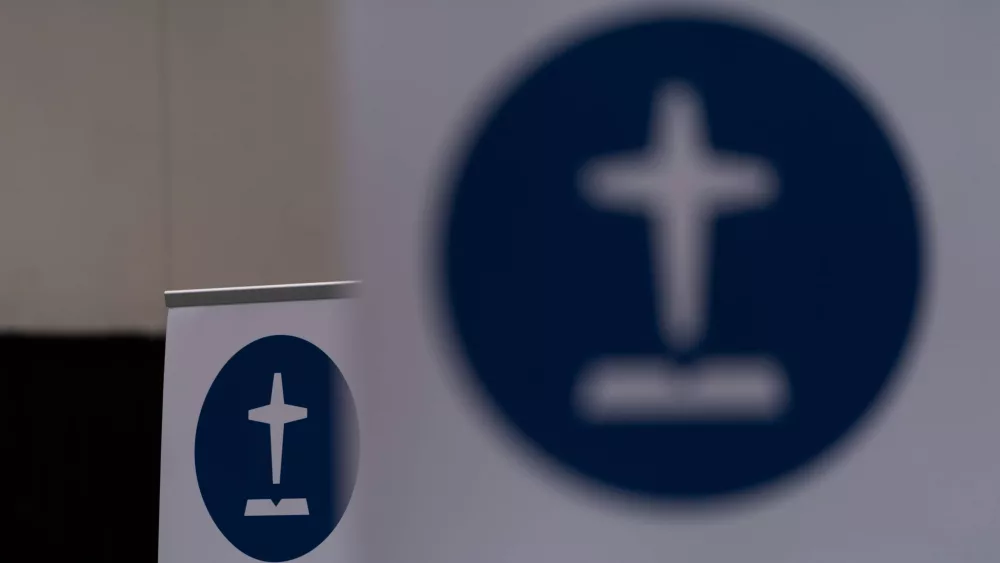
Māori Christians in New Zealand bristle at newly translated portions of the Bible that use the names of local deities.
Last year, Bible Society New Zealand (BSNZ) released a 109-page booklet with 10 Bible passages published in a contemporary Māori translation for the first time. The version used the names of atua Māori, or Māori gods and deities, in place of words like heaven, earth, land, and sea. Genesis 1:1, for example, says that in the beginning, God made Rangi-nui (Sky Father) and Papatūānuku (Earth Mother) instead of rangi and whenua respectively.
The changes, meant to appeal to younger Māori, stirred debate. While some readers praised the changes (“The terms are more relatable,” wrote one respondent in a BSNZ survey), many, including Māori theologians and church leaders, decried the use of atua Māori in the Scriptures as “twisted” and “blasphemous.”
The aim of publishing He Tīmatanga (A Beginning) was not to present a final translation but to offer a draft for feedback, said Clare Knowles, translation coordinator at BSNZ. Publishing these passages was part of an effort that began in 2008 to “retranslate the entire Bible into Māori [in] today’s language.”
While Māori speakers in New Zealand have a Bible translation in their language, it was last revised in 1952. The most recent edition in 2012 mainly focused on reformatting the text with updated paragraphs, spelling, and punctuation, but the content has largely remained the same since missionaries first translated the Bible into Māori in the 19th century.
“Imagine if the only English translation we had was the King James Version. … This is a bit like the situation with Te Paipera Tapu, the Māori Bible,” Knowles wrote in an article promoting He Tīmatanga.
In New Zealand, about 8 percent of the population speak Māori, …


